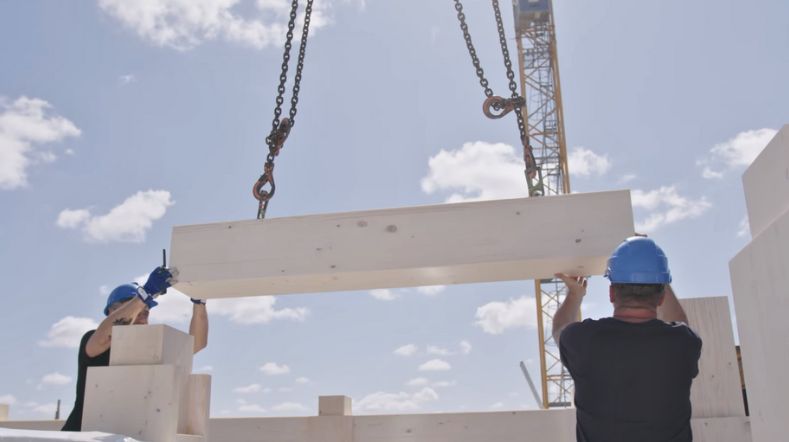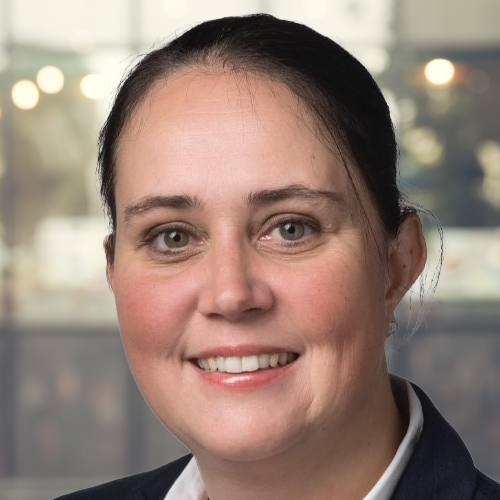
Building Materials and Structures
The built environment faces significant challenges due to aging infrastructure, material scarcity, and the effects of climate change. The research group Building Materials and Structures (BMS) aims to address these challenges by creating new sustainable materials and structures, and by optimising the use and sustainable renewal of existing structures. We are driven to address the material transition and create safe structures. We aim to minimise environmental impact and ownership costs while maximising societal benefits of assets.
Creating new sustainable materials and structures
BMS supports asset owners and the construction sector in becoming climate-neutral, circular, and waste-free. To meet the Sustainable Development Goals, the Dutch construction industry must reduce CO2 emissions by 30%, halve raw material consumption, achieve zero emissions in new buildings, and ensure all public tenders are circular by 2030.
Therefore, we focus on sustainable and circular materials and structures, particularly cementitious, road, and bio-based materials. Our aim is to develop and evaluate materials, products, construction methods, and innovative designs that reduce CO2 emissions, conserve natural resources, and maintain economic feasibility for sustainable growth.
Optimally using and renewing existing structures
As the economy grows, population dynamics shift, and structures age, optimal use and renewal of existing assets become essential. In the Netherlands, transport infrastructure owners face a massive maintenance operation: by the end of the century, hundreds of structures and thousands of kilometres of roads will need to be replaced or renovated. Maintenance backlogs, structural deficiencies and closed structures highlight the impact of poor maintenance on safety and availability. Extreme weather events further necessitate future-proofing existing assets and enhancing climate resilience.
BMS supports asset owners and the market chain in sustainable, future-proof renewal of existing assets, particularly transport infrastructure. Our work includes developing advanced methods for safety and serviceability assessment, cost-effective renovation, repair, service life extension, resilience enhancement, and proactive maintenance.
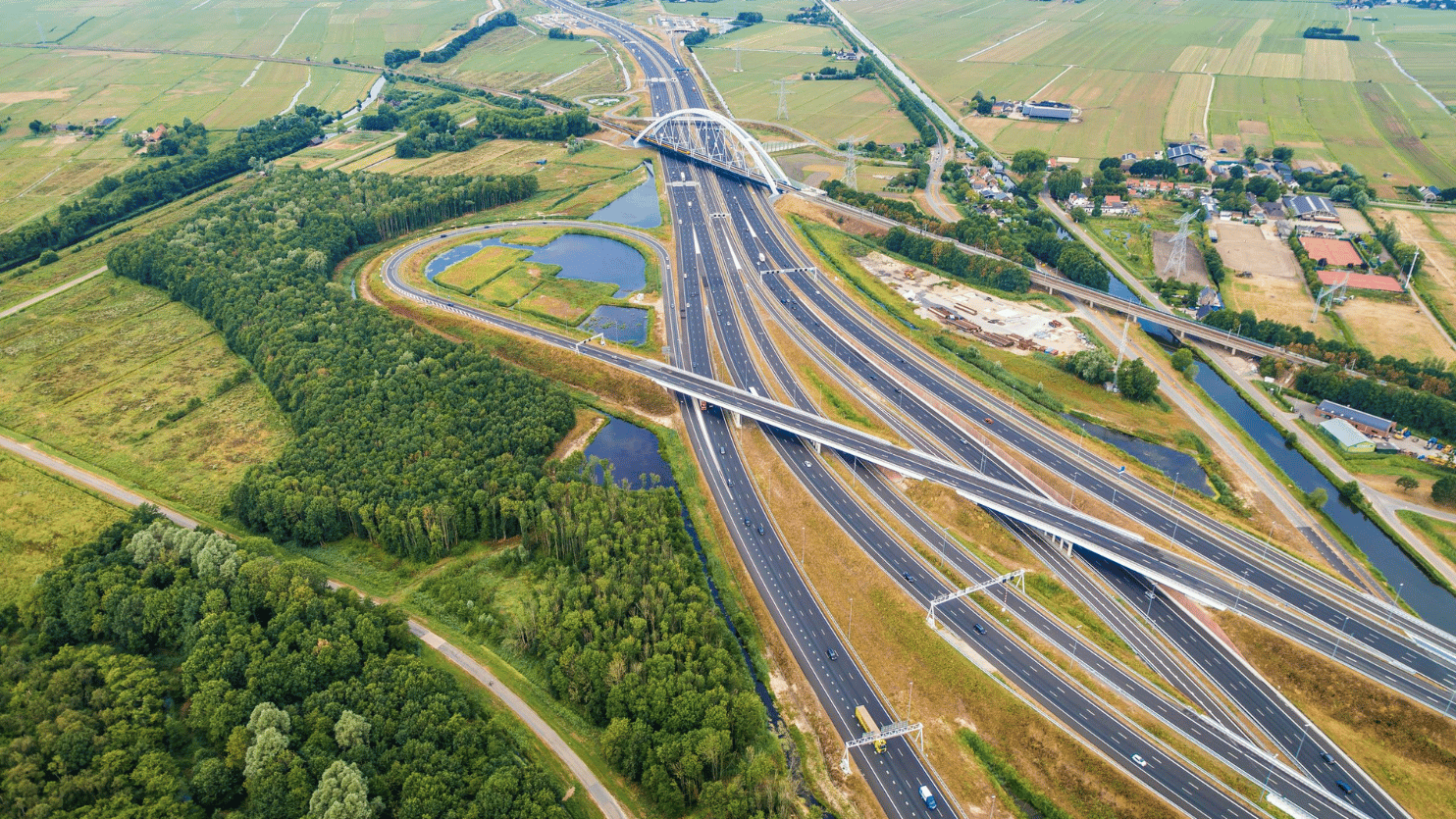
Four technology lines
To maximise our impact in the sustainable creation of new materials and structures and the optimal use and renewal of the existing structures, we have organised our expertise into 4 technology lines, each corresponding to a team within BMS:
1. Cementitious materials & natural stone
On the one hand, we aim to develop and evaluate low-carbon cementitious materials to enable the sustainable creation of new materials; on the other hand, we aim to understand how and why cementitious materials & natural stone wear over time in order to accurately diagnose, predict and maintain for optimal use and sustainable renewal of existing structures.
2. Concrete structures
We aim to develop innovative methods and tools to assess structural safety and extend the life of existing concrete structures. At the same time, we aim to generate knowledge for structural design with innovative (circular, climate neutral and resilient) solutions for concrete structures.
3. Road materials & pavement engineering
We aim to develop technologies to better assess and extend the life of the existing road network. At the same time, we aim to achieve carbon neutrality in the asphalt chain by reducing the use of fossil resources in asphalt production and maximising the reuse of road materials.
4. Bio-based materials & structures
We are helping the manufacturing and construction sectors to reduce their environmental impact by developing sustainable materials and products for structural and non-structural applications through the use of bio-based materials. At the same time, we are developing methods to determine their durability and performance.
Expertise areas
Our expertise combines:
Accelerating Sustainable Material & Product Development that minimises carbon footprints and maximises the circular use of resources by enabling alternatives to traditional cement and asphalt, mobilising bio-based solutions, reducing construction and demolition waste and improving production technologies.
Utilising Testing & Monitoring of Materials and Structures to ensure the quality and durability of materials and structures, necessary to maximise reliability of sustainable construction practices.
Innovative Design & Construction Concepts of products and structures by optimising their ability to meet the objectives of sustainability and future proofing within the constraints of total life cycle costs.
Enabling predictive & data-driven approaches to Advanced Structural Assessment & Intervention (renovation & repair methods) aimed at maximising the longevity and efficiency of existing structures.
This integral approach is strengthened by involving other relevant technology lines within TNO.
Facilities
BMS leverages a longstanding research infrastructure, enhanced by TNO's Building Innovation Lab in Delft. The lab features state-of-the-art sample preparation facilities and specialised equipment essential for:
- Developing new materials and products.
- Assessing existing structures and optimising the maintenance and use of buildings, infrastructure, and mechanical structures.
- Scale up the production of circular and biobased building materials into promising products to make construction CO2-neutral.
BMS offers lab facilities for conditioning & accelerated ageing, plus mechanical, physiochemical and optical testing.
Get inspired
TNO boosts market opportunities for bio-based building materials made out of fibre


Old locks tell new stories
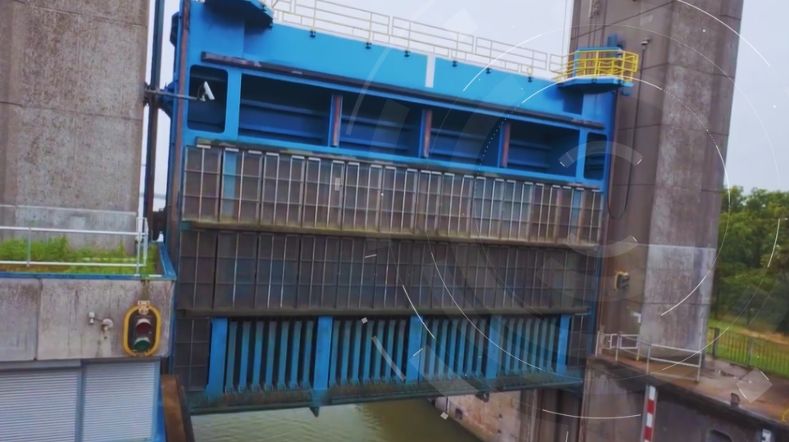

Make informed decisions on maintenance and renovation with InfraScan
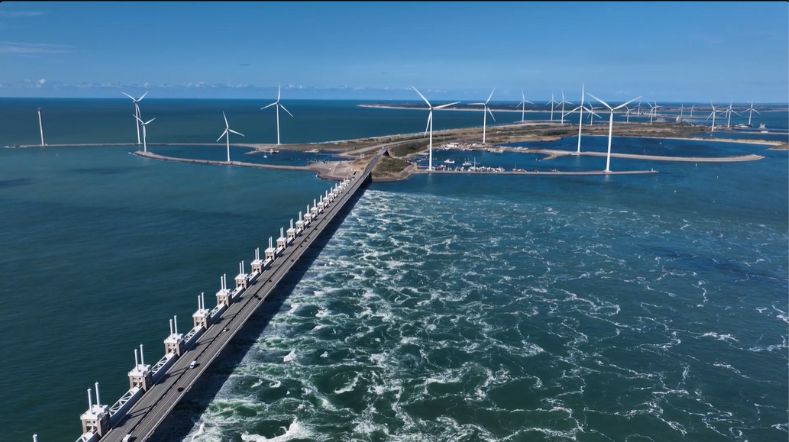

Well-prepared for the next pandemic: seven practical tips for proper ventilation
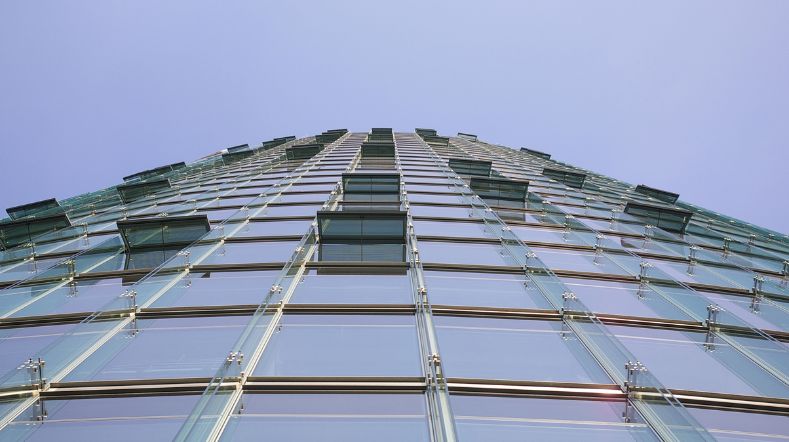

Reclaimed timber deserves a new purpose as a high-quality building material
